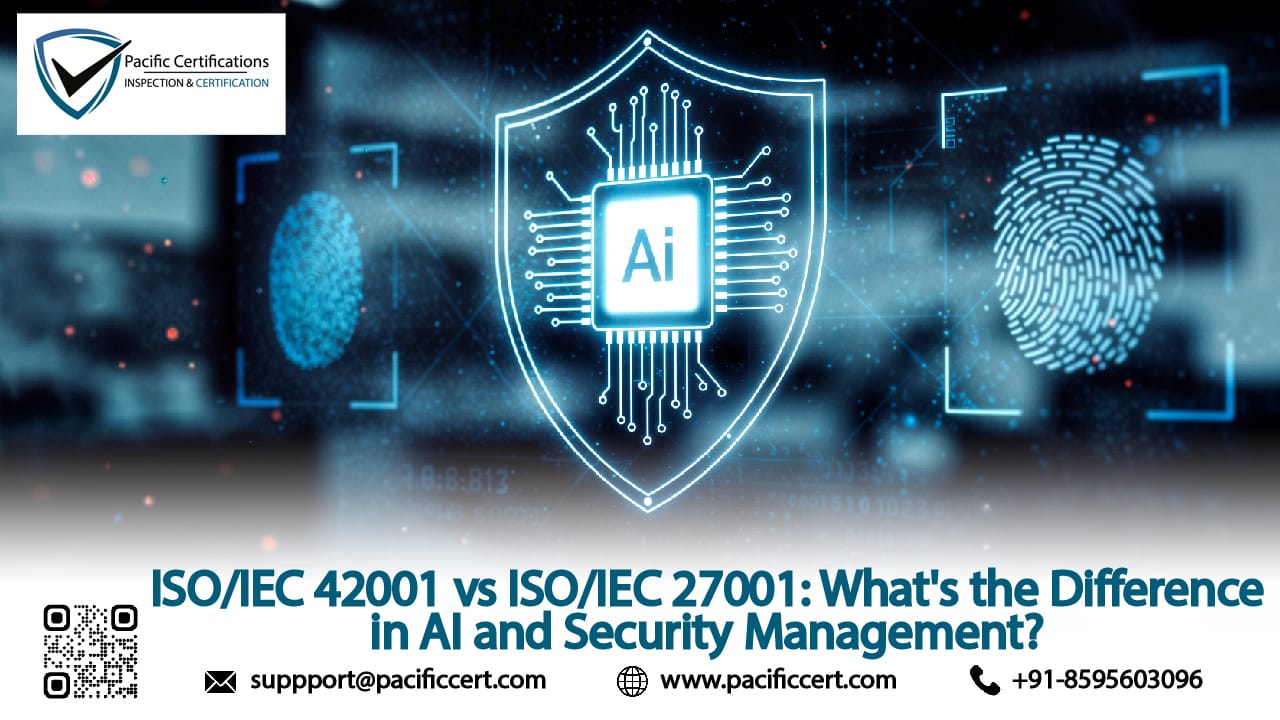
ISO Certifications for Catering Industry
ISO certifications are essential for ensuring quality, safety, and sustainability in the catering industry. ISO 9001 certification helps catering companies to establish a strong quality management system, ensuring consistency in food preparation, service delivery and customer satisfaction.
Equally important is ISO 22000, which focuses on food safety management, guaranteeing that catering businesses comply with global food safety standards, preventing contamination and ensuring hygienic food handling.
Additionally, ISO 14001 promotes environmentally responsible practices by encouraging waste reduction and sustainable resource use, which are increasingly important in today’s eco-conscious market. ISO 45001 further enhances the workplace by ensuring health and safety standards are met, reducing the risk of accidents in kitchens and food preparation areas.

In the catering service industry, several ISO standards can be relevant to ensure the quality, food safety, and other factors. Here are some of the key ISO standards applicable to the catering service industry:
ISO 22000: Food Safety Management System (FSMS):
ISO 22000 is a globally recognized standard for food safety management systems. It helps catering companies to ensure the safety of food products throughout the supply chain, from procurement to delivery.
ISO 9001: Quality Management System (QMS):
ISO 9001 focuses on quality management across all aspects of your catering service. It helps you establish a systematic approach to meet customer requirements, improve processes, and continually enhance customer satisfaction.
ISO 14001: Environmental Management System (EMS):
ISO 14001 is relevant for catering services that want to minimize their environmental impact. It provides a framework to identify and manage environmental aspects such as waste reduction and energy efficiency.
ISO 45001: Occupational Health and Safety Management System (OHSMS):
Catering businesses need to prioritize the health and safety of their employees. ISO 45001 helps in establishing safety procedures and ensuring compliance with occupational health and safety regulations.
ISO 27001: Information Security Management System (ISMS):
If your catering service handles sensitive customer data, ISO 27001 can help protect that information. It covers the management of information security risks and safeguards.
ISO 50001: Energy Management System (EnMS):
This standard is useful for catering businesses, looking to manage energy consumption efficiently and reduce energy costs. ISO 50001 provides a systematic approach to energy management.
HACCP (Hazard Analysis and Critical Control Points):
HACCP is a part of ISO 22000 & is crucial in the catering industry for identifying and controlling food safety hazards. It's often a prerequisite for ISO 22000 certification.
GMP (Good Manufacturing Practices):
GMP standards are relevant for catering businesses involved in food production. GMP ensures that food is consistently produced and controlled according to quality standards.
To pursue ISO certifications, you can reach out to us at Pacific Certifications at support@pacificcert.com, the certification body accredited by ABIS. We can guide you through the certification process, including audits and assessments!
Requirements of ISO Certifications for Catering Industry
Below are the mandatory requirements for implementing ISO standards for Catering Industry:

ISO 22000 - Food Safety Management System (FSMS)
- Implement a food safety management system.
- Conduct hazard analysis and establish control measures.
- Maintain and document records of food safety processes.
- Regularly review and update the FSMS.
ISO 9001 - Quality Management System (QMS)
- Develop a quality policy and objectives.
- Establish documented procedures and processes.
- Monitor customer satisfaction and address complaints.
- Continually improve the QMS.
ISO 14001 - Environmental Management System (EMS)
- Identify and assess environmental aspects and impacts.
- Set environmental objectives and targets.
- Develop an environmental management program.
- Monitor and measure environmental performance.
ISO 45001 - Occupational Health and Safety Management System (OHSMS)
- Establish an OH&S policy and objectives.
- Identify hazards and assess risks.
- Implement controls and emergency response procedures.
- Continuously monitor and improve OH&S performance.
Benefits of ISO Certifications for Catering Services

- ISO 22000 ensures the safety of food products, reducing the risk of foodborne illnesses and protecting your customers' health.
- ISO 9001 helps in maintaining consistent food quality, leading to customer satisfaction and loyalty.
- ISO 14001 demonstrates your commitment to environmental sustainability.
- ISO 45001 ensures a safer working environment, reducing accidents and promoting the well-being of employees.
- ISO 27001 safeguards sensitive customer data, building trust with clients who value data security.
- ISO 50001 helps in reducing energy consumption and costs, making your catering service more sustainable.
- HACCP and GMP certifications are often prerequisites for ISO 22000, ensuring that your food production processes are safe and compliant.
- ISO certifications can set you apart from competitors.
- ISO standards encourage process optimization and efficiency.
- Meeting ISO requirements helps ensure compliance with relevant laws and regulations.
- ISO certifications promote a culture of continuous improvement.
In summary, ISO certifications for the catering service industry offer numerous benefits, from improved food safety to enhanced quality. If you need more support with ISO certification for your catering business, please contact us at +91-8595603096 or support@pacificcert.com.

Read more: ISO Certifications for Cloud Hosting and Data Processing Services & applicable ISO standards


